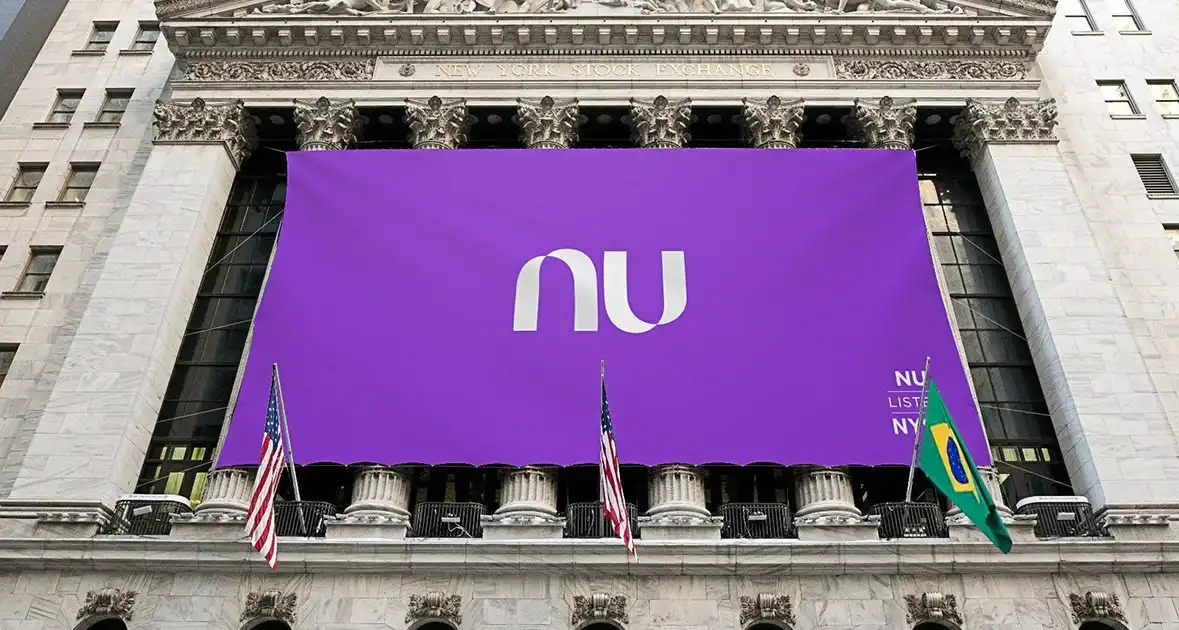In today’s fast-paced global market, internationalization has transitioned from a strategic choice to an essential element of business success. As we navigate through 2024, understanding the nuances of modern internationalization is crucial. From cutting-edge technologies to shifting geopolitical landscapes, staying ahead requires insight into the latest trends and strategies.
1. Expanding Your Reach Beyond Borders
Market Diversification: Entering international markets can significantly broaden your customer base and diversify revenue streams. For instance, Nubank, the fintech powerhouse, has expanded beyond Brazil into Mexico and Colombia, showcasing how strategic international growth can lead to massive revenue increases and market presence.

Enhanced Revenue Opportunities: Introducing innovative products and services in new regions can sustain and drive revenue growth. For example, Spotify’s expansion into various international markets has allowed it to adapt its offerings to local tastes, boosting its global user base and revenue.
2. Mitigating Risks with Global Strategy
Risk Management: Diversifying into international markets helps reduce reliance on a single economy. For example, a company like Zoom has successfully mitigated risks associated with fluctuations in the U.S. market by establishing a strong presence in Europe and Asia.
Competitive Advantage: Expanding globally forces companies to innovate to stay competitive. This is evident in the way Tesla has adapted its products and strategies to meet the demands of different international markets, maintaining its competitive edge.

3. Leveraging Cutting-Edge Technologies
Technological Advancements: Technologies such as AI, blockchain, and extended reality (XR) are revolutionizing internationalization. For example, AI-driven analytics are helping companies like Alibaba enhance their global supply chain management, while XR technologies are being used by companies like Microsoft to create immersive international collaboration environments.
Access to Talent and Resources: International expansion opens doors to diverse talent pools and advanced technologies. For instance, Google’s offices around the world benefit from a multicultural workforce that drives innovation and global collaboration.
Visual Aid Suggestion: A diagram showing the global locations of Google’s offices and highlighting the benefits of a multicultural workforce.
Chris Glass’s Recent Article Provides a Profound Perspective on How Internationalization is Evolving:
The End of Hyperglobalization
Emerging Regional Hubs: The shift from a hyper globalized era to a multipolar world is evident with the rise of regional hubs. Companies like Nubank and Spotify are capitalizing on this trend by expanding into emerging markets across Asia and Latin America.
Technopolar World – Tech Giants as Geopolitical Actors: The influence of tech giants like Google and Microsoft in shaping international relations and business strategies is significant. Their global reach affects how businesses operate and collaborate across borders.

Transformative Technologies – AI, Blockchain, and XR: These technologies are reshaping internationalization. AI is enhancing customer experiences globally, blockchain is improving transparency in international transactions, and XR is facilitating remote collaboration. Companies like Alibaba and Microsoft are at the forefront of integrating these technologies into their global strategies.
Multi-Internationalizations – Complex Global Dynamics: The future of internationalization will be influenced by various factors, including geopolitical shifts and technological advancements. Companies must adapt to these complexities to remain competitive in a multi-internationalization landscape.
Ready to Take Your Business Global?
Discover how modern internationalization can unlock new opportunities for your company. Contact our team of experts to get personalized advice and strategies tailored to your global expansion needs.